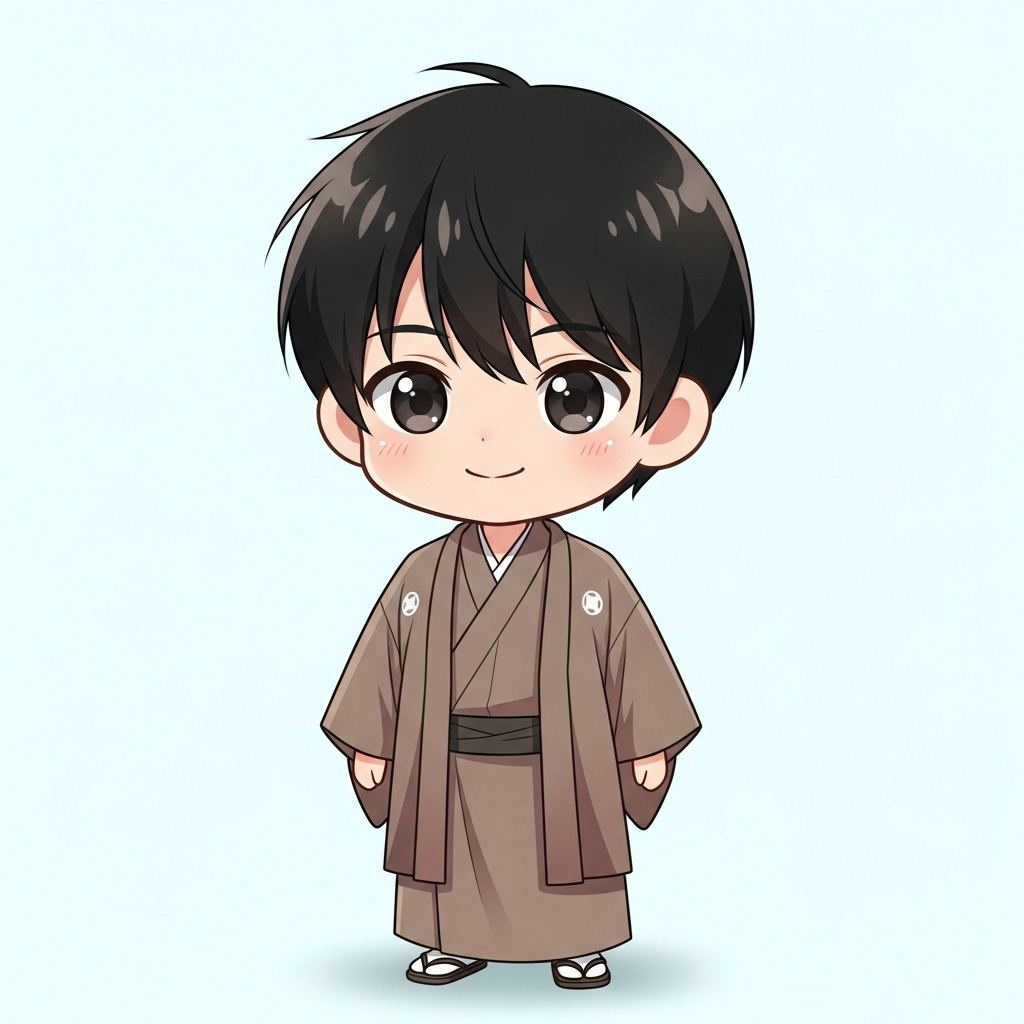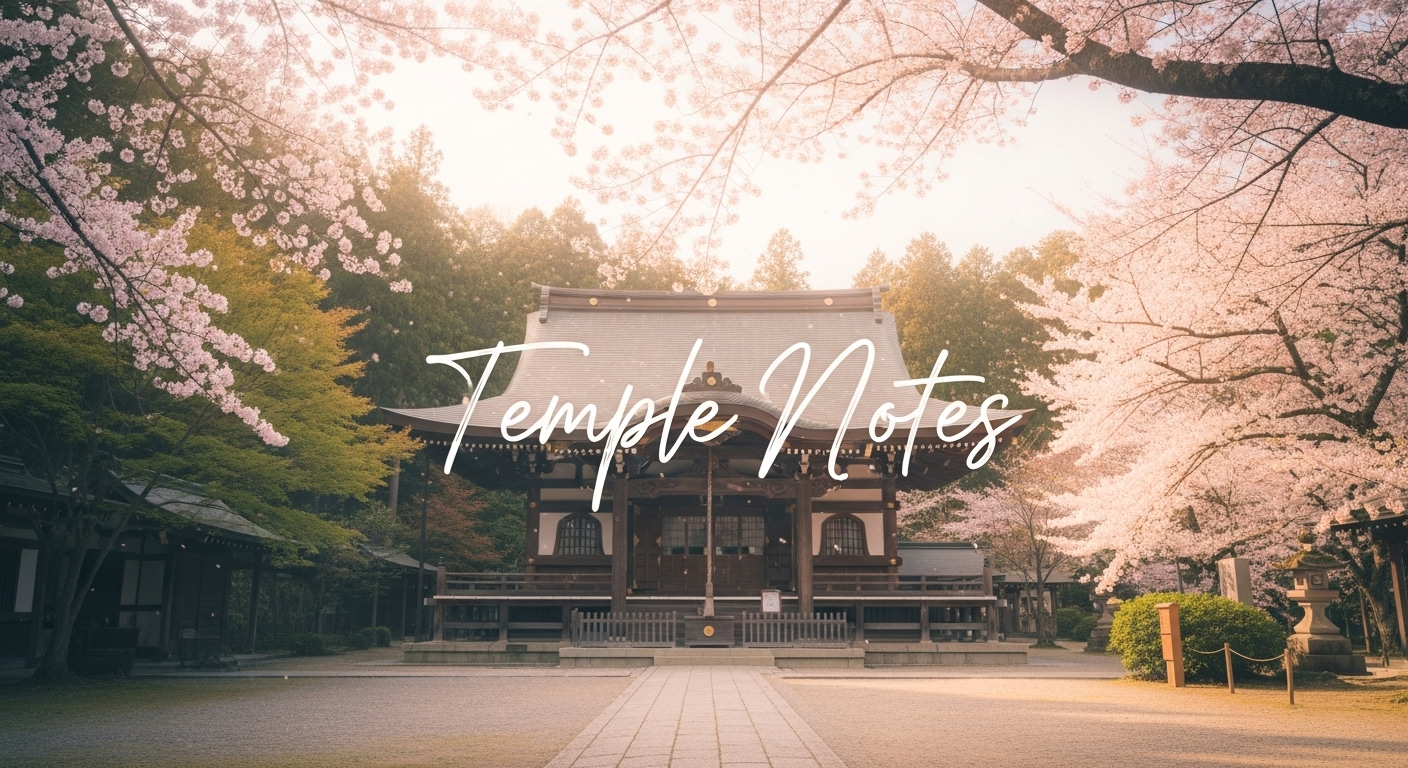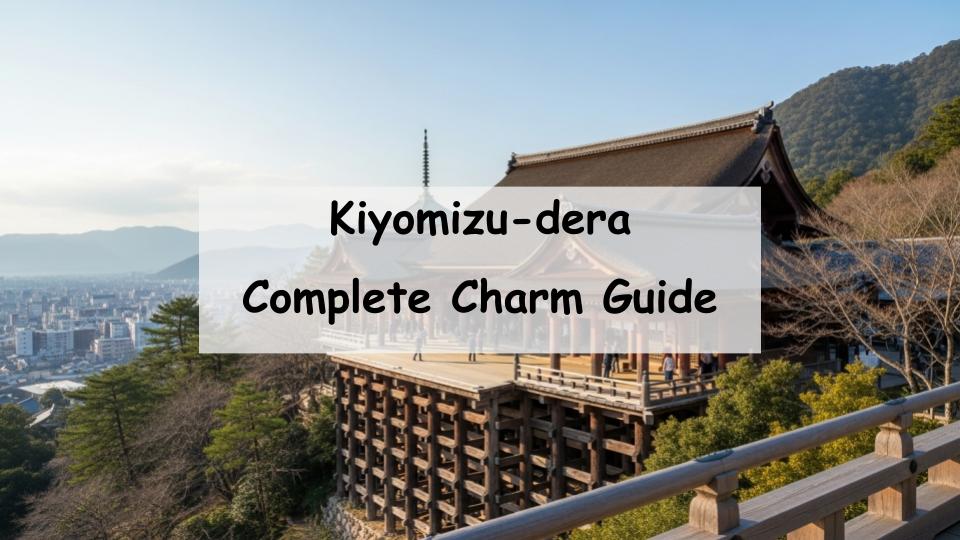If you are planning a trip to Kyoto, the World Heritage site Kiyomizu-dera Temple is likely at the top of your list.
However, when it comes time to visit, many travelers find themselves asking:
“Aside from the famous wooden stage, what exactly should I see?”
“I hear it’s always crowded—is there a smooth way to get there?”
To answer briefly: Kiyomizu-dera is much more than just its famous stage. It is a place filled with spiritual “power spots,” historical architectural marvels, and breathtaking seasonal views that can drastically enhance your trip if you know where to look.
In this article, we will guide you through everything you need to know to enjoy Kiyomizu-dera to the fullest (120%!). We will cover its history and features, the 7 must-see highlights, and the best ways to access the temple without getting lost.
Read on to plan the perfect visit to one of Kyoto’s most iconic landmarks.
- What is Kiyomizu-dera? The Charm and History of a World Heritage Site
- 7 Must-See Highlights of Kiyomizu-dera
- 1. Nio-mon Gate and Three-Story Pagoda (The Symbols of the Entrance)
- 2. Zuigu-do Hall (Experience the Pitch-Black “Tainai Meguri”)
- 3. The Main Hall and the Kiyomizu Stage (Built Without Nails)
- 4. Jishu Shrine (God of matchmaking)
- 5. Okunoin Hall (The Best Photo Spot)
- 6. Otowa Waterfall (Blessings for Studies, Love, and Longevity)
- 7. Koyasu Pagoda (Power Spot for Safe Childbirth)
- Seasonal Views and Events (Cherry Blossoms, Autumn Leaves, Light-ups)
- How to Get to Kiyomizu-dera (Access)
- Hours, Fees, and Tour Duration
- Lunch and Street Food Nearby
- Summary
- A Message from the Guide
What is Kiyomizu-dera? The Charm and History of a World Heritage Site
Located in the Higashiyama area of Kyoto, Kiyomizu-dera is one of the most famous temples in Japan. In 1994, it was registered as a UNESCO World Cultural Heritage site as one of the “Historic Monuments of Ancient Kyoto.”
A Kannon Sacred Site with Over 1200 Years of History
The history of Kiyomizu-dera dates back to 778, near the end of the Nara period. It began when the monk Enchin discovered the Otowa Waterfall and enshrined a statue of Kannon (the Goddess of Mercy) there. For over 1,200 years, it has been a sacred site worshipped by everyone from commoners to emperors.
The temple is the head temple of the Kita-Hosso sect. The principal image is the “Eleven-Headed Thousand-Armed Kannon,” a hidden Buddha shown to the public only once every 33 years. Even when hidden, praying with this compassionate figure in mind adds a solemn depth to your visit.
The Meaning of “Jumping off the Stage of Kiyomizu”
There is a famous Japanese idiom: “To jump off the stage of Kiyomizu” (Shimizu no butai kara tobioriru). It means to make a bold decision or to take a leap of faith.
This phrase comes from the Edo period, when people actually jumped from the 13-meter high stage (equivalent to a 4-story building) as a form of extreme prayer. They believed that if they survived the fall, their wish would be granted. While jumping is strictly prohibited today, the story remains a testament to the intense faith of the people in the past.
7 Must-See Highlights of Kiyomizu-dera
The vast temple grounds are dotted with National Treasures and Important Cultural Properties. Here are 7 spots you absolutely cannot miss, in order of the route.
1. Nio-mon Gate and Three-Story Pagoda (The Symbols of the Entrance)
The main entrance, Nio-mon, is a two-story gate painted in striking vermilion. Known as the “Red Gate,” it is guarded by two large Nio (guardian) statues.
Passing through the gate, you will see the Three-Story Pagoda, standing about 31 meters tall. It is one of the tallest three-story pagodas in Japan and serves as a landmark of the Higashiyama district. Its vivid colors and intricate design make it a perfect photo spot.
2. Zuigu-do Hall (Experience the Pitch-Black “Tainai Meguri”)
Next to the sutra hall lies the Zuigu-do, where you can experience something unique called the Tainai Meguri (Womb Tour).
You enter a basement area symbolizing the womb of a female Bodhisattva. It is pitch black—you cannot see your hand in front of your face. You must navigate by holding onto a large prayer bead rope that guides you along the wall. At the deepest point, there is a dimly lit stone where you can make a wish. Emerging from the darkness into the light is said to symbolize a spiritual rebirth.
3. The Main Hall and the Kiyomizu Stage (Built Without Nails)
The crown jewel of the temple is the National Treasure Main Hall and its projecting Stage. The stage is built using a traditional method called Kakezukuri (suspension construction) to support it on the steep cliff.
Amazingly, this massive structure was built without using a single nail; it relies entirely on the complex interlocking of timber. The view of Kyoto city from the stage is spectacular, offering a mix of architectural genius and natural beauty.
4. Jishu Shrine (God of matchmaking)
Located just north of the Main Hall, Jishu Shrine is famous for being a shrine of love and matchmaking. The “Love Fortune Stones” (two stones placed 18 meters apart) are legendary—if you can walk from one to the other with your eyes closed, your love will come true.
Note: The shrine is currently closed for major renovation work (started August 2022) and is expected to remain closed for several years.
5. Okunoin Hall (The Best Photo Spot)
Follow the path out of the Main Hall to reach Okunoin. This hall also has a stage and is widely considered the best spot to take photos of the Main Hall itself.
The classic image found in guidebooks—the wooden stage hovering over the trees with the Kyoto Tower in the distance—is taken from here. It is particularly magical at sunset.
6. Otowa Waterfall (Blessings for Studies, Love, and Longevity)
Below the main stage lies the Otowa Waterfall, the source of the temple’s name (Kiyomizu means “Pure Water”). Three streams of water fall into a pond.
Visitors use ladles to catch and drink the water. Each stream grants a different benefit:
- Academic Success
- Romantic Success (Love)
- Health and Longevity
Etiquette Tip: It is said that if you drink from all three streams, or drink too much, your luck will decrease due to greed. Choose one wish and drink sip reverently.
7. Koyasu Pagoda (Power Spot for Safe Childbirth)
Further south from the waterfall, standing on a small hill, is the Koyasu Pagoda. As the name suggests (Koyasu means “easy childbirth”), it is a place to pray for safe delivery. Since it is slightly removed from the main crowd, it offers a peaceful view of the entire temple complex nestled in the forest.
Seasonal Views and Events (Cherry Blossoms, Autumn Leaves, Light-ups)
Kiyomizu-dera changes its expression dramatically with the seasons.
Spring: Cherry Blossoms and Night Viewing
In spring, about 1,500 cherry trees (Sakura) bloom, creating a pink sea of clouds around the Main Hall.
During the Special Night Viewing (held in spring, summer, and autumn), the temple is illuminated. A blue beam of light representing the compassion of Kannon shines into the night sky—a truly mystical sight.
Autumn: Red Maples and Fantastic Illumination
Kyoto is famous for autumn leaves, and Kiyomizu-dera is a prime spot. Around late November, over 1,000 maple trees turn fiery red. The view of the red leaves burning beneath the stage during the night illumination is breathtaking. Expect heavy crowds, but the view is worth it.
Summer and Winter
- Summer: The “Sennichi Mairi” (Thousand Day Pilgrimage) takes place in mid-August. Visiting during this time is said to grant 1,000 days’ worth of merit.
- Winter: While snow is rare in Kyoto, a snowy Kiyomizu-dera is exceptionally beautiful, resembling an ink wash painting in its silence and white grandeur.
How to Get to Kiyomizu-dera (Access)
Access can be tricky due to traffic. Choose the best method based on the season.
From Kyoto Station (Bus vs. Taxi)
- Bus: Take Kyoto City Bus #206 or #100 from the main bus terminal. It usually takes 15–20 minutes.
- Tip for Crowded Days: During peak seasons (Sakura/Autumn), buses and roads get jammed. It is often faster to take a taxi to “Gojo-zaka” or a nearby drop-off point and walk the rest. Alternatively, take a train to the nearest station and walk.
From Kawaramachi / Gion (Train & Walk)
- Train: The nearest station is Kiyomizu-Gojo Station (Keihan Line). From there, it is a 25-minute uphill walk.
- Walking from Gion: Many tourists enjoy walking from Gion-Shijo or Kawaramachi through the historic streets. It takes about 30–40 minutes but is very scenic.
Walking from the Bus Stop (The Slopes)
If taking the bus, get off at Gojo-zaka or Kiyomizu-michi. From there, it is a 10–15 minute walk uphill. The approach is lined with shops, making the walk enjoyable, but comfortable walking shoes are highly recommended.
Hours, Fees, and Tour Duration
Opening Hours
Kiyomizu-dera opens very early.
- Regular Hours: 6:00 AM – 6:00 PM (Closing time varies by season).
- Night Viewing: Extended hours during special periods.
- Pro Tip: To avoid crowds, aim for a 6:00 AM visit. The morning air is crisp, and the temple is peaceful.
Admission Fee
- Adults: 400 JPY
- Children (Elementary/Middle School): 200 JPY
(Fees may differ during night viewing).
Estimated Time & Model Course
- Quick Course (45 min – 1 hr): Main Hall, Stage, Otowa Waterfall.
- Full Experience (1.5 – 2 hrs): Tainai Meguri, Okunoin, Koyasu Pagoda, and taking photos.
Allow about 3 hours total if you plan to shop and eat along the approach.
Lunch and Street Food Nearby
The area outside the temple is a paradise for foodies.
Ninenzaka & Sannenzaka (Shopping Streets)
The slopes leading to the temple, known as Sannenzaka and Ninenzaka, are preserved districts with traditional buildings. You will find shops selling Kiyomizu pottery, incense, chopsticks, and Kyoto pickles.
Japanese Sweets and Cafes
If you get tired, stop by a tea house. Enjoy a Matcha Parfait, Yatsuhashi (cinnamon mochi sweets), or freshly grilled dango. There are also stylish cafes renovated from old wooden townhouses (machiya) perfect for a break.
Summary
Kiyomizu-dera is not just a scenic viewpoint. From the awe-inspiring engineering of the stage to the spiritual waters of the Otowa Waterfall and the seasonal beauty of the mountains, it is a place of deep history and charm.
Whether you visit at 6:00 AM for a spiritual start to the day or rent a kimono to stroll the historic slopes, we hope this guide helps you plan an unforgettable visit. Enjoy the heart of Kyoto at Kiyomizu-dera!
A Message from the Guide

It’s a classic school trip destination. Next time, try visiting early in the morning or at night.









Comment